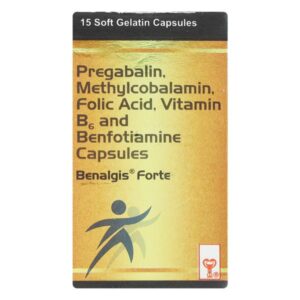THIAMINE PROPY DISULFIDE
THIAMINE PROPY DISULFIDE: Thiamine propyldisulfide, also known as TTFD, is a synthetic derivative of thiamine (vitamin B1) that is used as a dietary supplement. It is sometimes referred to as allithiamine.
TTFD is prescribed to treat individuals who have a deficiency in thiamine or those who may not be able to absorb or utilize thiamine properly. Thiamine is an essential nutrient that plays a vital role in the metabolism of carbohydrates and the production of energy within the body. It is also involved in the proper functioning of the nervous system.
The mechanism of action of TTFD is similar to thiamine. Once ingested, it is converted to its active form, thiamine pyrophosphate (TPP), which is a coenzyme required for various enzymatic reactions in the body. TPP acts as a cofactor for several important enzymes involved in carbohydrate metabolism, helping to convert glucose into energy.
The recommended dose of TTFD may vary depending on the individual’s condition and the severity of the deficiency. It is usually available in oral tablet form and is typically taken once or twice daily with or without food. The exact dosage should be determined by a healthcare professional.
As with any medication, TTFD may cause side effects. Common side effects can include gastrointestinal symptoms such as nausea, stomach pain, and diarrhea. Some individuals may also experience allergic reactions, such as itching, rash, or difficulty breathing. If any severe or persistent side effects occur, it is important to seek medical attention promptly.
It is worth noting that TTFD may interact with certain medications, such as diuretics or antacids, so it is important to inform a healthcare provider about all other medications being taken before starting TTFD.
In summary, thiamine propyldisulfide is a synthetic derivative of thiamine used to treat thiamine deficiencies. It works by converting to its active form and acting as a coenzyme, supporting various enzymatic reactions involved in carbohydrate metabolism. While generally well-tolerated, it can cause gastrointestinal symptoms and allergic reactions in some individuals.

